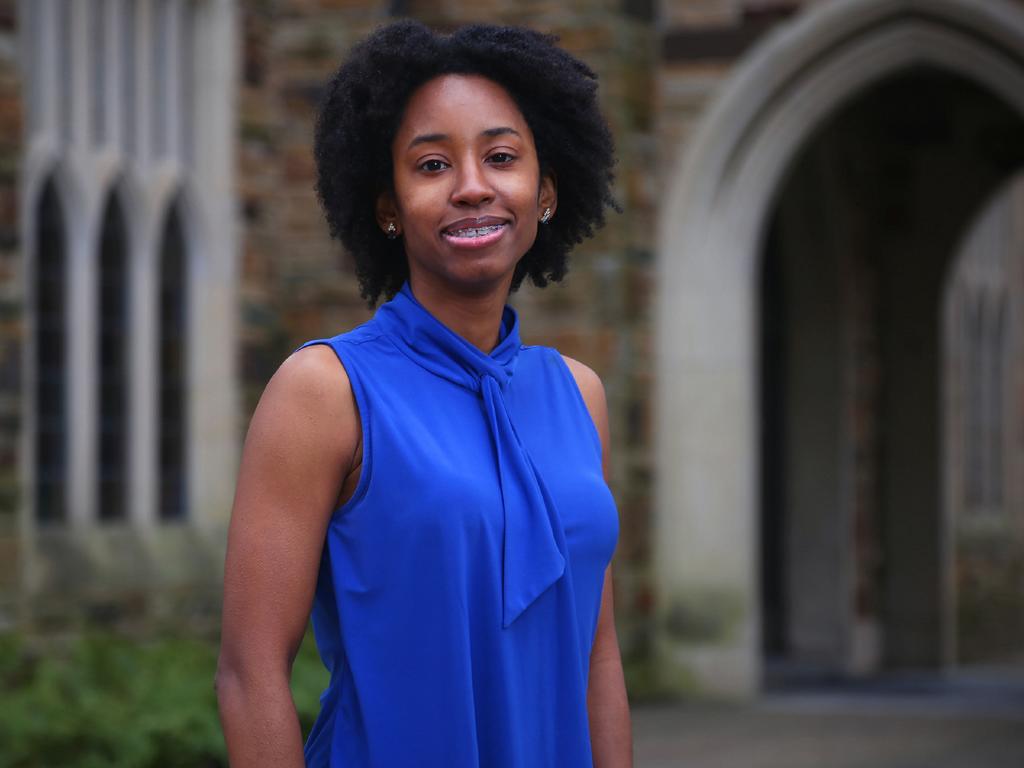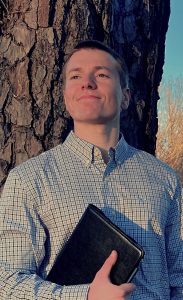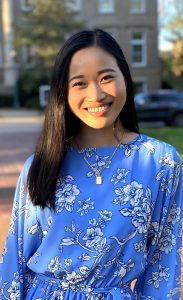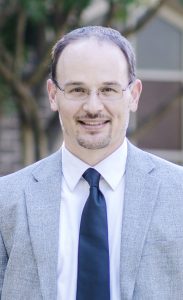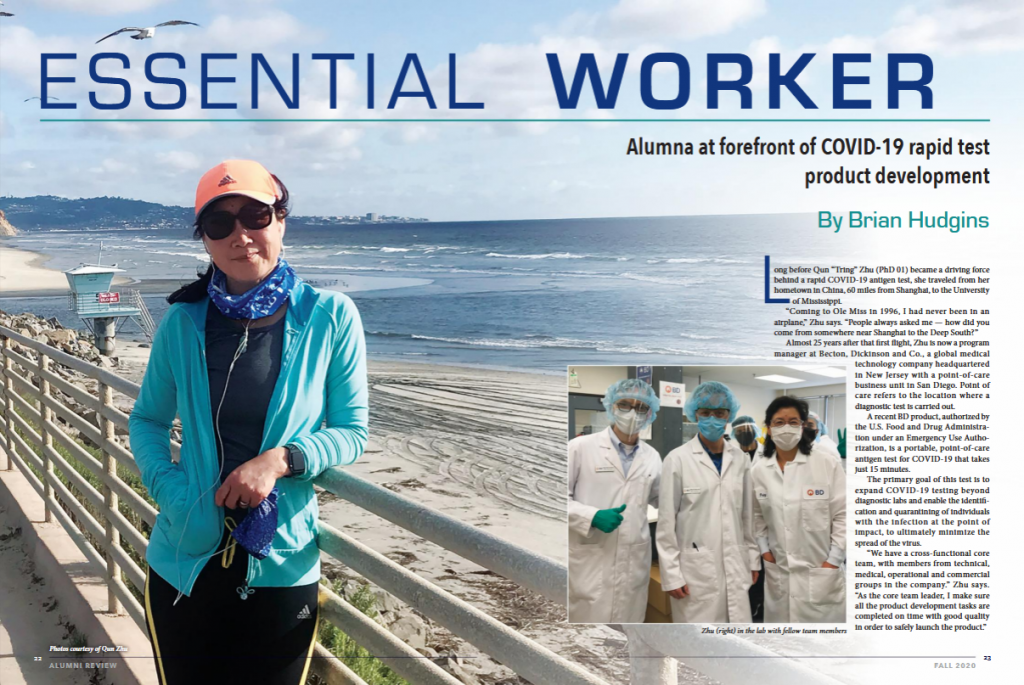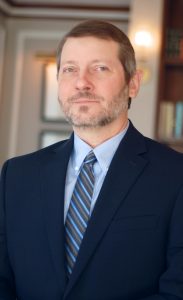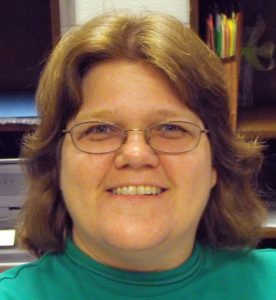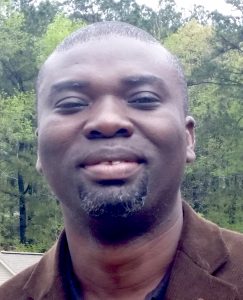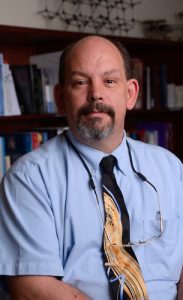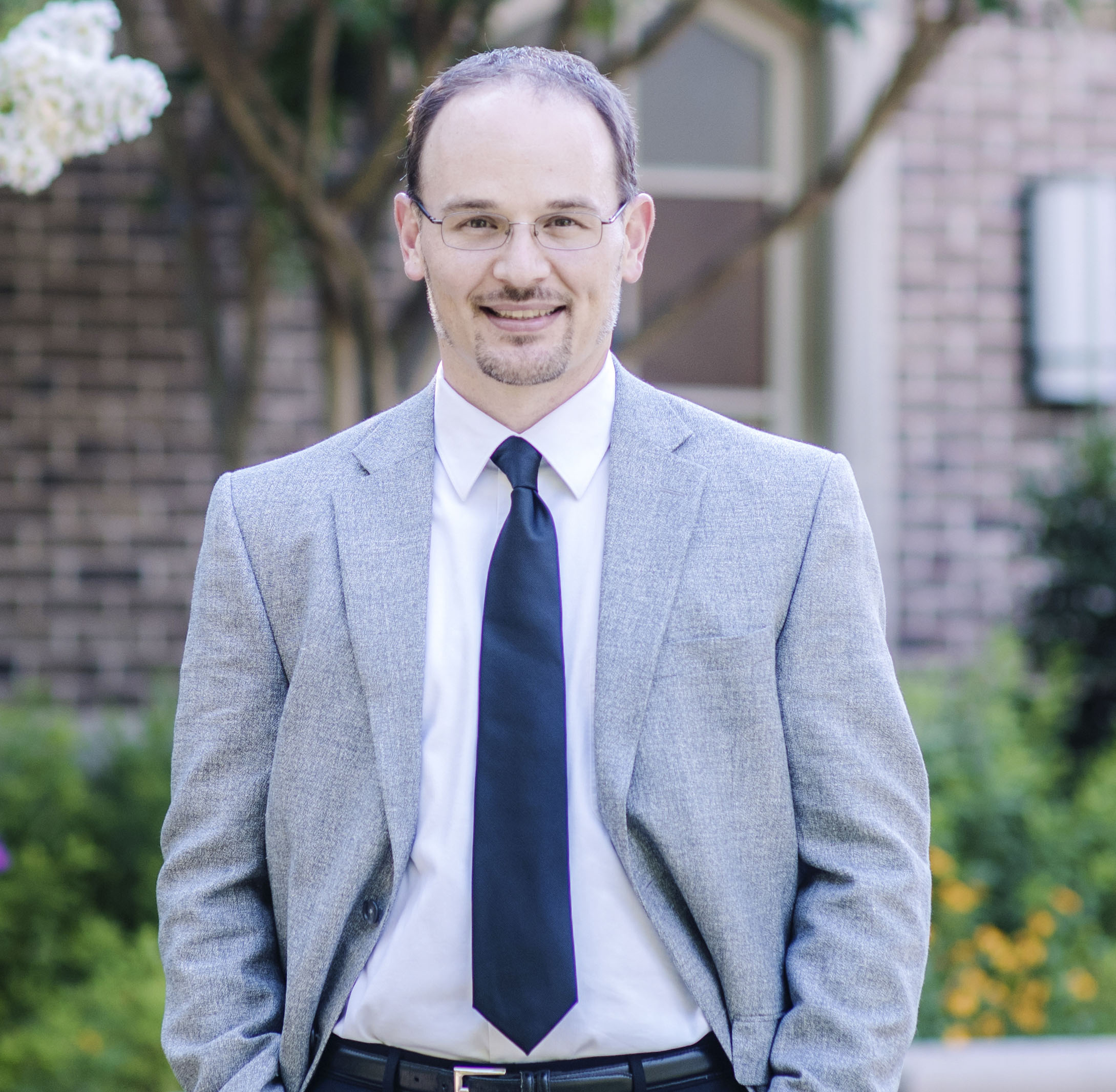Two University of Mississippi B .S. Chemistry majors have been selected to receive National Science Foundation fellowships that recognize and support the research-based pursuit of master’s and doctoral degrees in STEM fields. Jax Dallas and Larry Stokes were selected for fellowships that include three years of financial support through the foundation’s Graduate Research Fellowship Program. The two students are the first UM students to be offered the prestigious fellowship since 2015. Both are enrolled in the university’s Sally McDonnell Barksdale Honors College.
“We are overwhelmed with joy that Honors College students received the coveted NSF Graduate Research Fellowship Program grants,” said Douglass Sullivan- González, Honors College dean. “Their success is a testimony to their hard, persistent work with the tough questions of the day.
“Kudos also to our faculty and staff who make these opportunities possible and who work with them in the labs and in the application process to compete successfully for the highest awards in the nation. We are so proud that undergraduate research and creative performance continue to be a part of the signature experience of our honors students, and their work catches eyes in national competitions.”
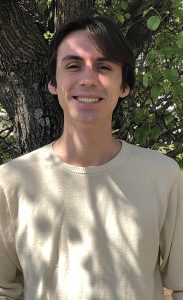
Jax Dallas
The fellowship program includes an annual stipend to the student and a cost-of-education allowance to be applied toward their future graduate studies, which do not have to occur at their current institution. Through the program, the student is required to work toward a master’s or doctoral degree in science, technology, engineering or mathematics or STEM education at an accredited U.S. institution.Jax Dallas, of Caledonia, earned a Graduate Research Fellowship Program award to continue his investigations into the field of quantum sensing, which uses advanced physics to perform highly sensitive measurements of a physical quantity.
A senior from Caledonia, Dallas plans to further pursue his chemistry studies at the California Institute of Technology; Meador, of Carbondale, Illinois, is a senior who will continue his chemistry studies at UM; and Stokes, of Clarksdale, is a senior majoring in biomedical engineering who is still deciding between the University of Texas and Vanderbilt University for his graduate school.
Dallas’ chemistry emphasis is in chemical physics, and his future studies will investigate the field of quantum sensing, which uses advanced physics to perform highly sensitive measurements of a physical quantity.
He plans to further explore the development of new instrumentation and methods to study light-matter interactions, as well as the combination of novel molecules for the field of quantum sensing. One research project at the California Institute of Technology that specifically interests Dallas is optimizing and applying one of the world’s few entangled photon spectrometers, which is a scientific instrument used to probe the properties of light.
“I am interested in these fields as they are on the cutting edge of what humanity has accomplished so far within the sciences, and I am extremely eager to be in on the action,” said Dallas, who in 2020 was awarded a coveted Barry S. Goldwater Scholarship, one of the country’s oldest and most prestigious national scholarships in the natural sciences, engineering and mathematics.
“Furthermore, these projects are extremely multidisciplinary and allow for overlap from the most talented scientists in fields ranging from optical engineering to molecular biology. So far, my career end-goals are undetermined, but I could see myself happily going into academia, the industry or the national laboratory setting.”
While at UM, Dallas’ research supervisor was Ryan Fortenberry, assistant professor of chemistry and biochemistry.
“I would like to thank Dr. Ryan Fortenberry, who has been extremely helpful not only during the program application process but during my time at the university as a whole,” said Dallas, who also will graduate in May with a bachelor’s degree in mathematics. “I am extremely excited and honored to be a recipient of the fellowship, as it will allow me great amounts of freedom as I join a research group as a Ph.D. student next year.”
Calling the Graduate Research Fellowship Program the “fellowship that every graduate student aspires to achieve,” Meador said he was shocked and overwhelmed with emotion upon learning of his selection.
A fellow 2020 Barry S. Goldwater Scholarship recipient, Meador’s chemistry emphasis is in chemical synthesis, which seeks to build complex molecules from simpler ones through chemical reactions.
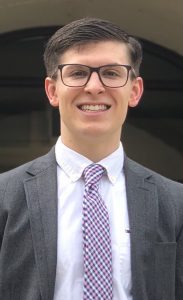
William Meador
After graduating in May, Meador’s research likely will continue to focus on the design and synthesis of near-infrared emissive small molecules for use as biological imaging agents, an area where he has gained experience over the past four years at UM. He also intends to expand his research interests into other areas while continuing his Ole Miss career, including exploring the design and synthesis of efficient low-energy absorbing dyes for solar cell technologies.
“This past spring, I decided to remain here at the University of Mississippi, where I will continue working with Dr. Jared Delcamp,” said Meador, who hopes to become a professor at a high-level research university and work with students to address some of society’s most pertinent problems.
“I am incredibly excited about this decision due to the constructive research environment here at UM that forces me to constantly learn and grow as a scientist, the opportunity to obtain crucial mentorship skills through training undergraduates, and for personal reasons, including my significant other also pursuing a professional degree here at UM.
“Not only is the research impactful, but I have the time of my life going to the lab every day, investigating ways in which we can tune how molecules interact with light.”
Delcamp, an associate professor of chemistry and biochemistry, serves as Meador’s research adviser, and he is one of several people Meador thanked for helping him earn the fellowship, along with his family, significant other, the Delcamp Group research laboratory and the chemistry and biochemistry faculty.
